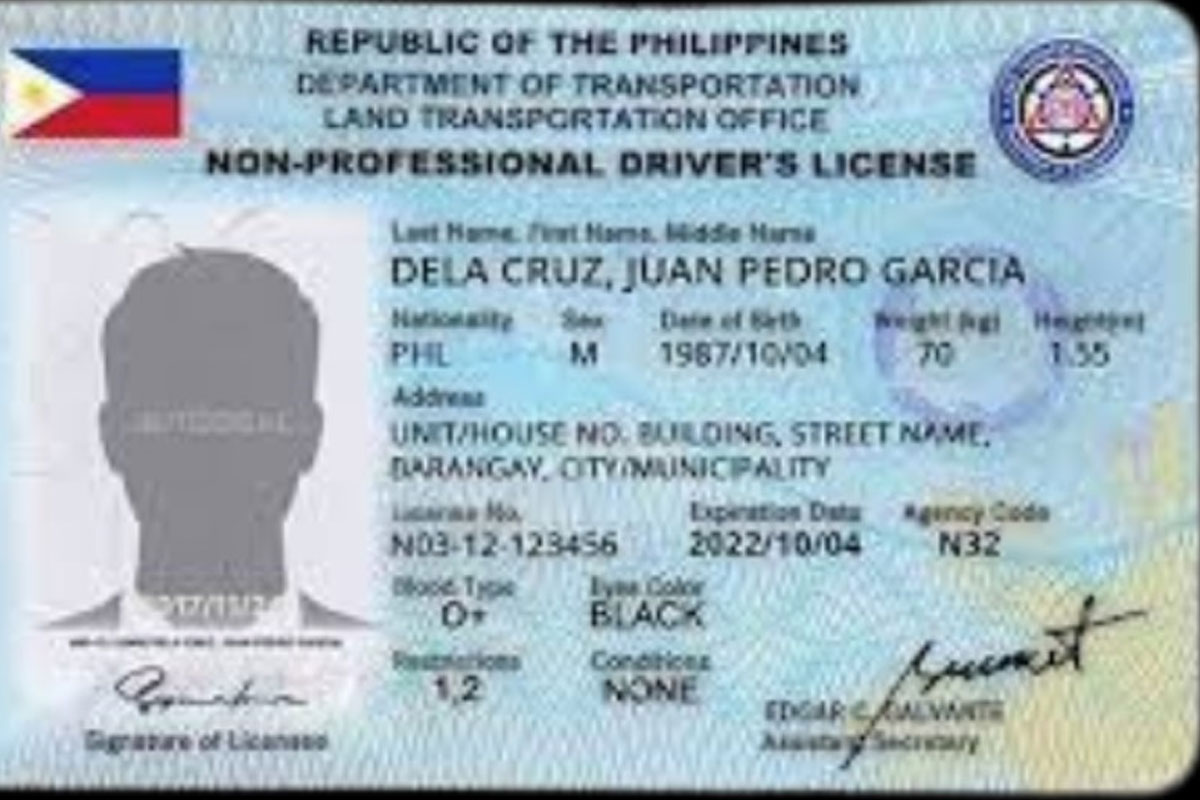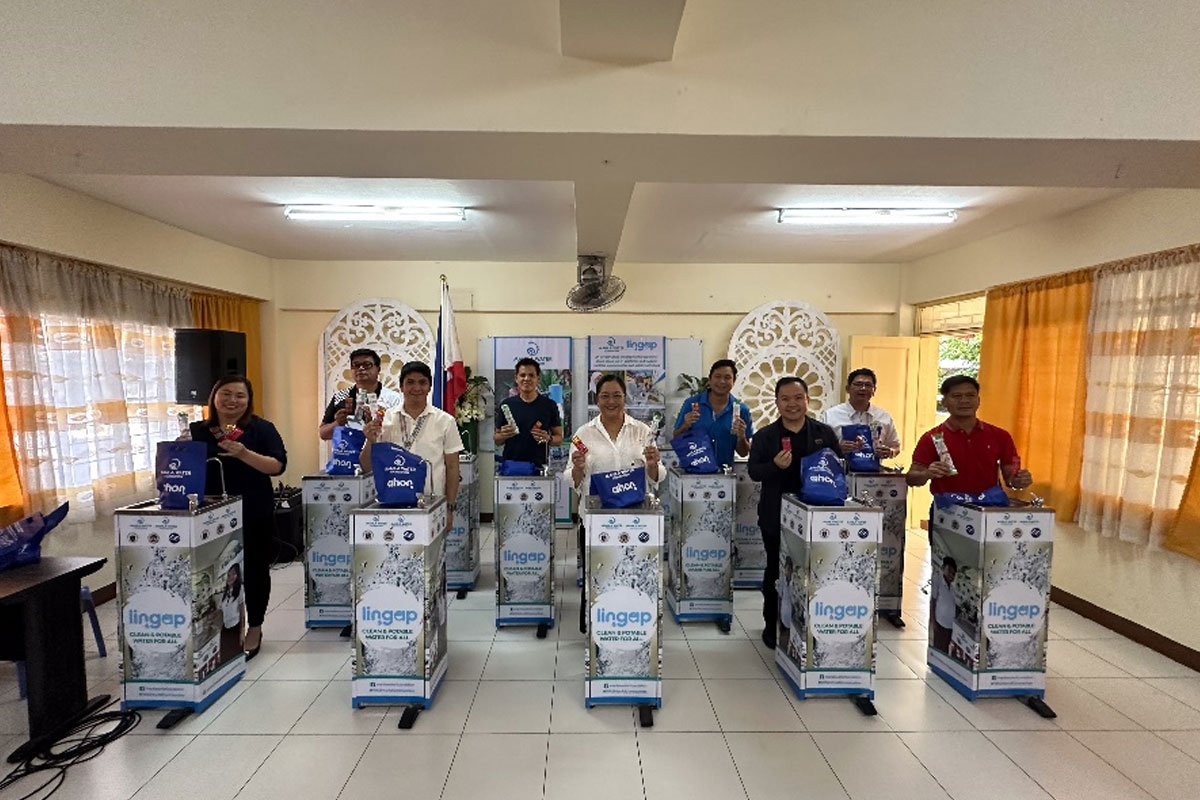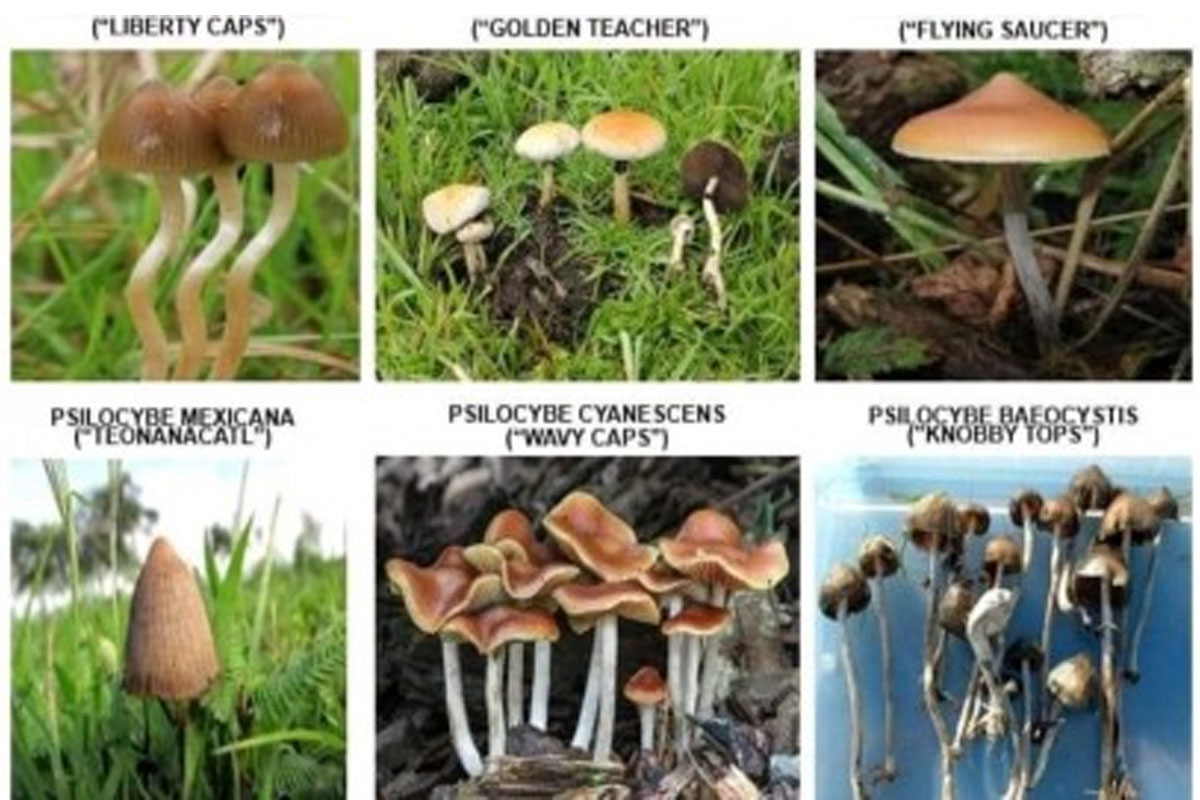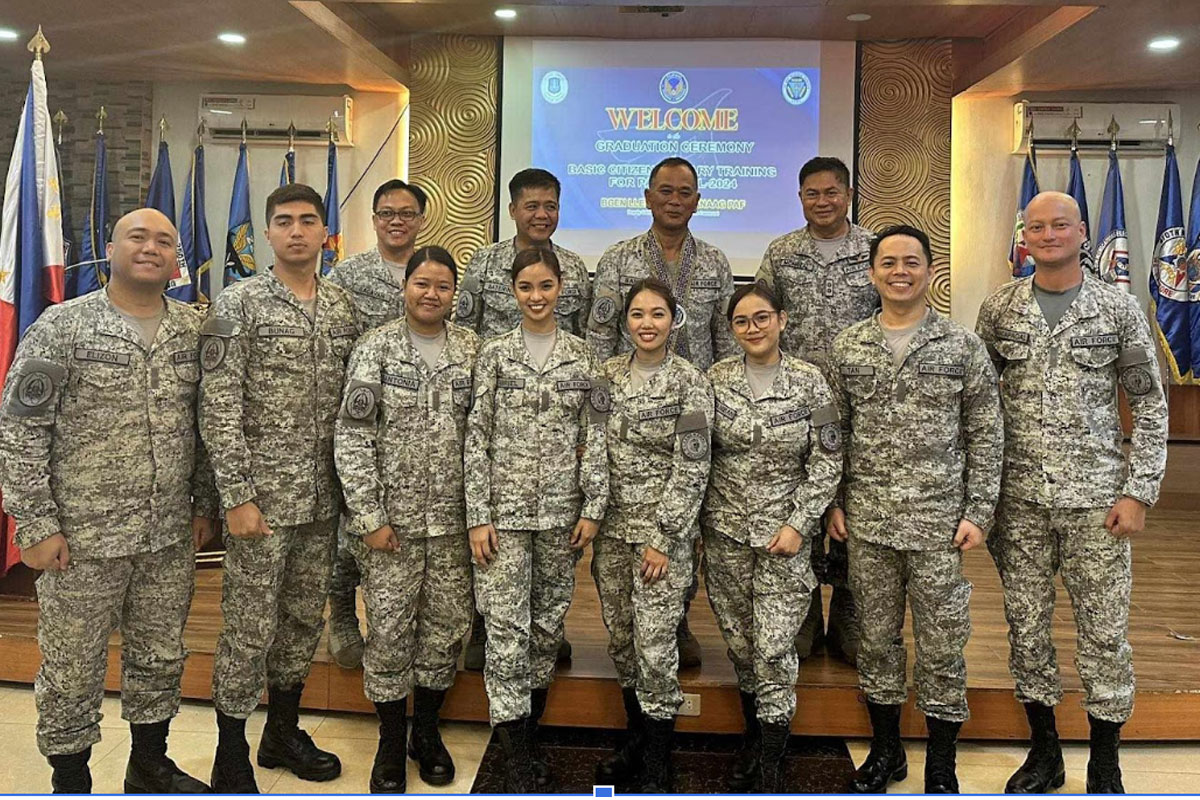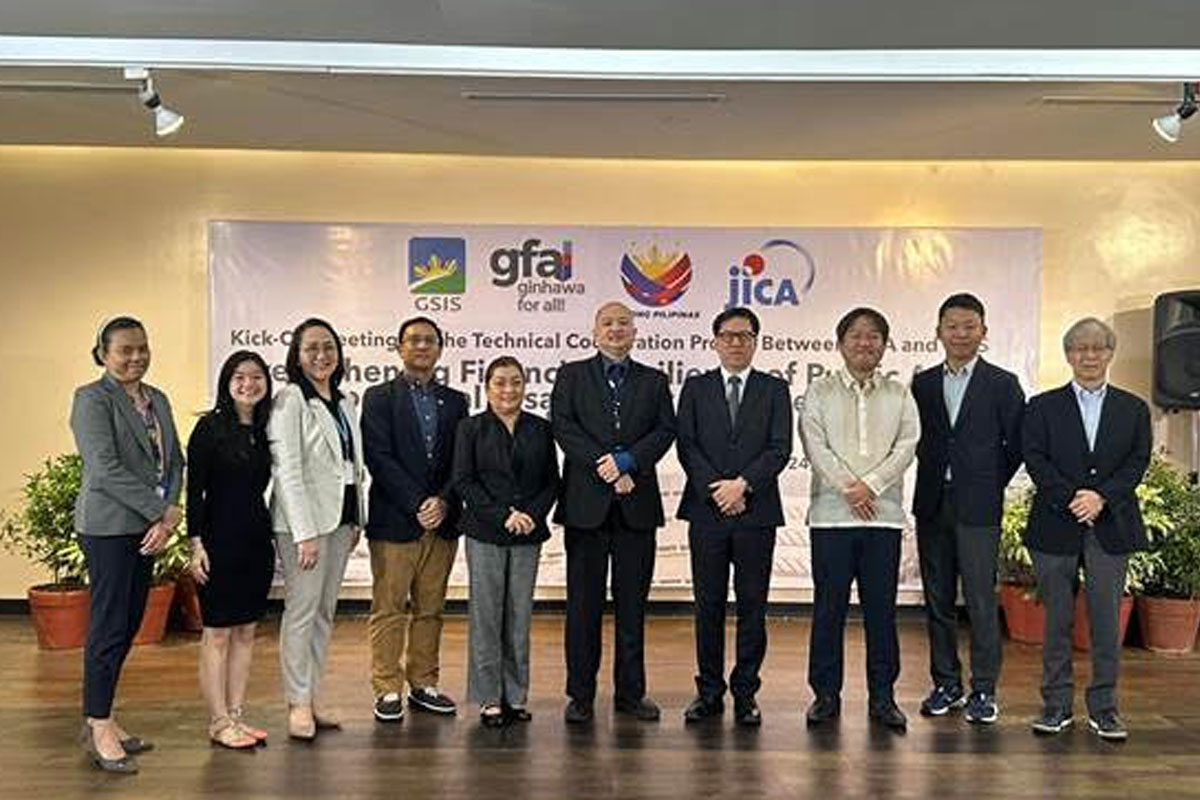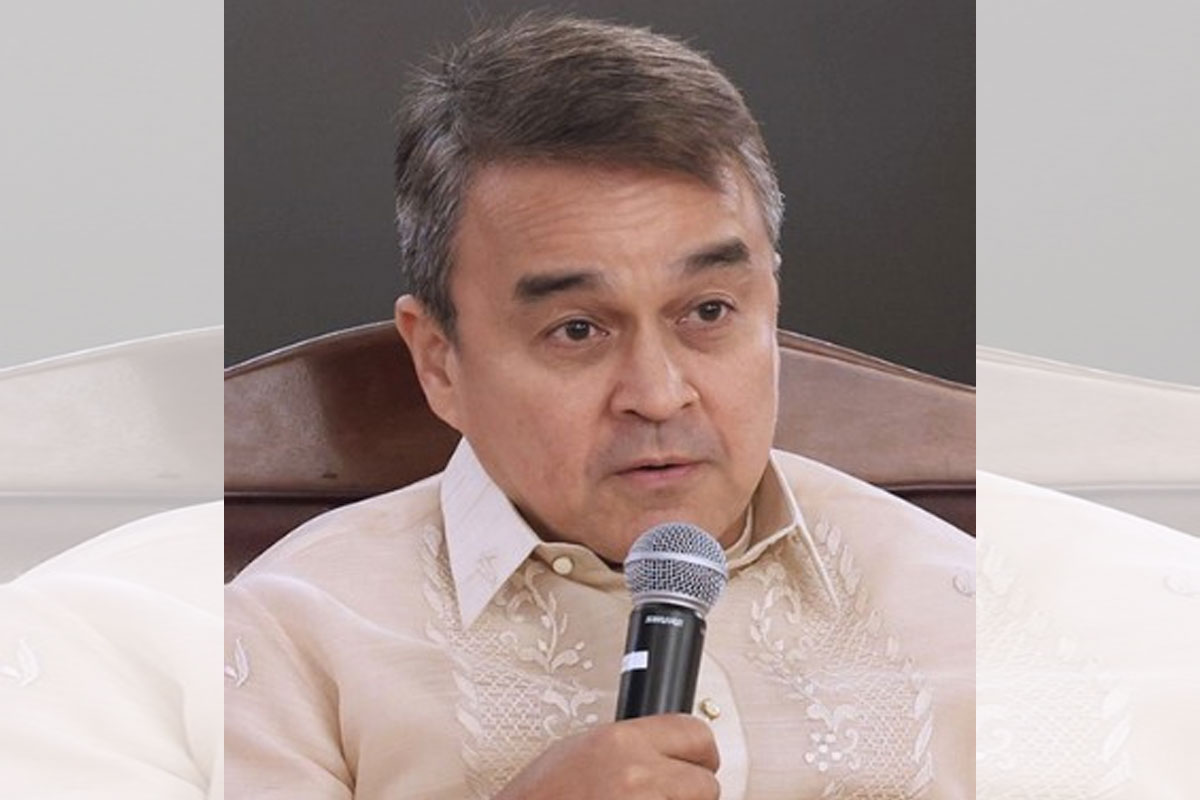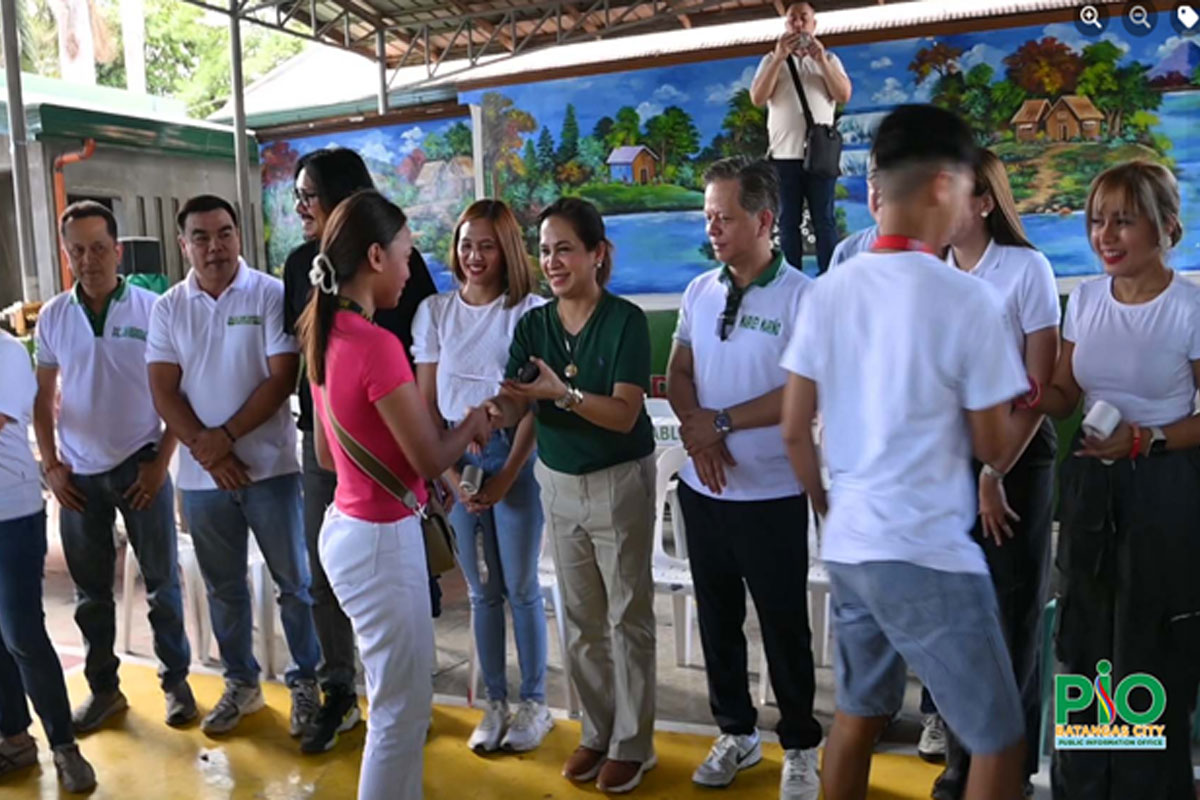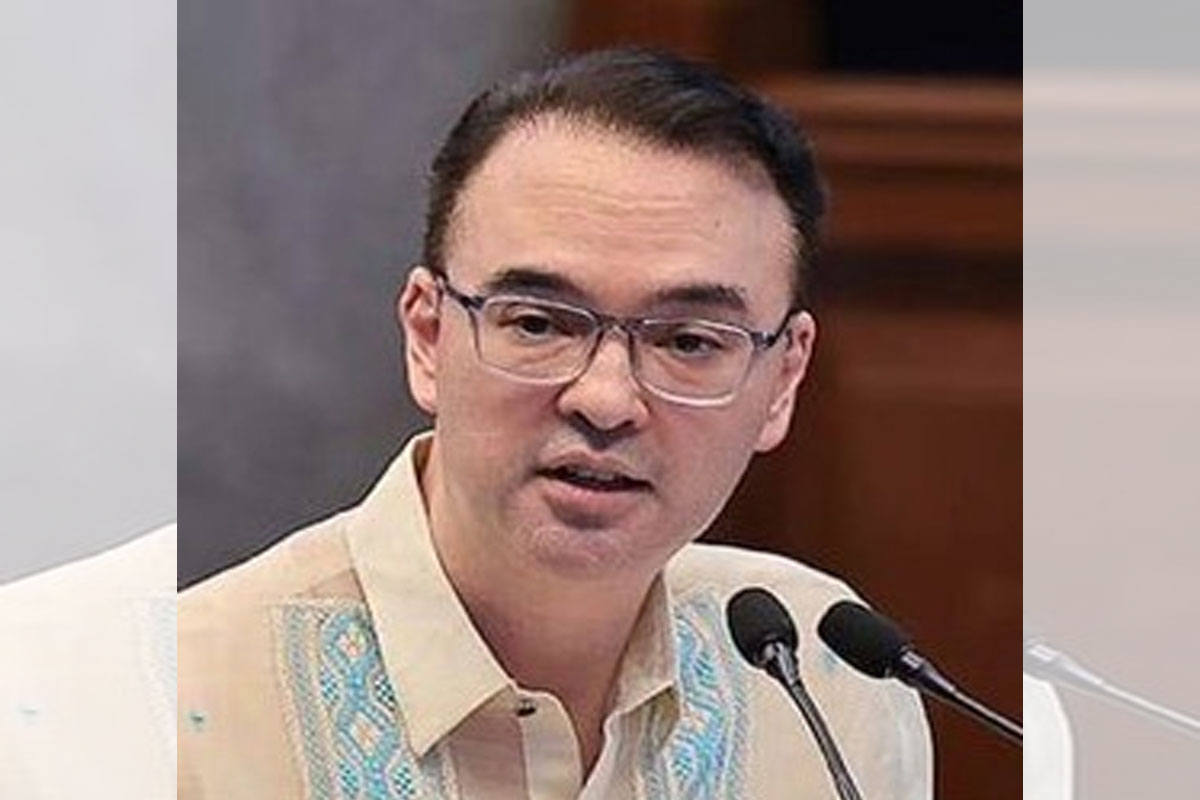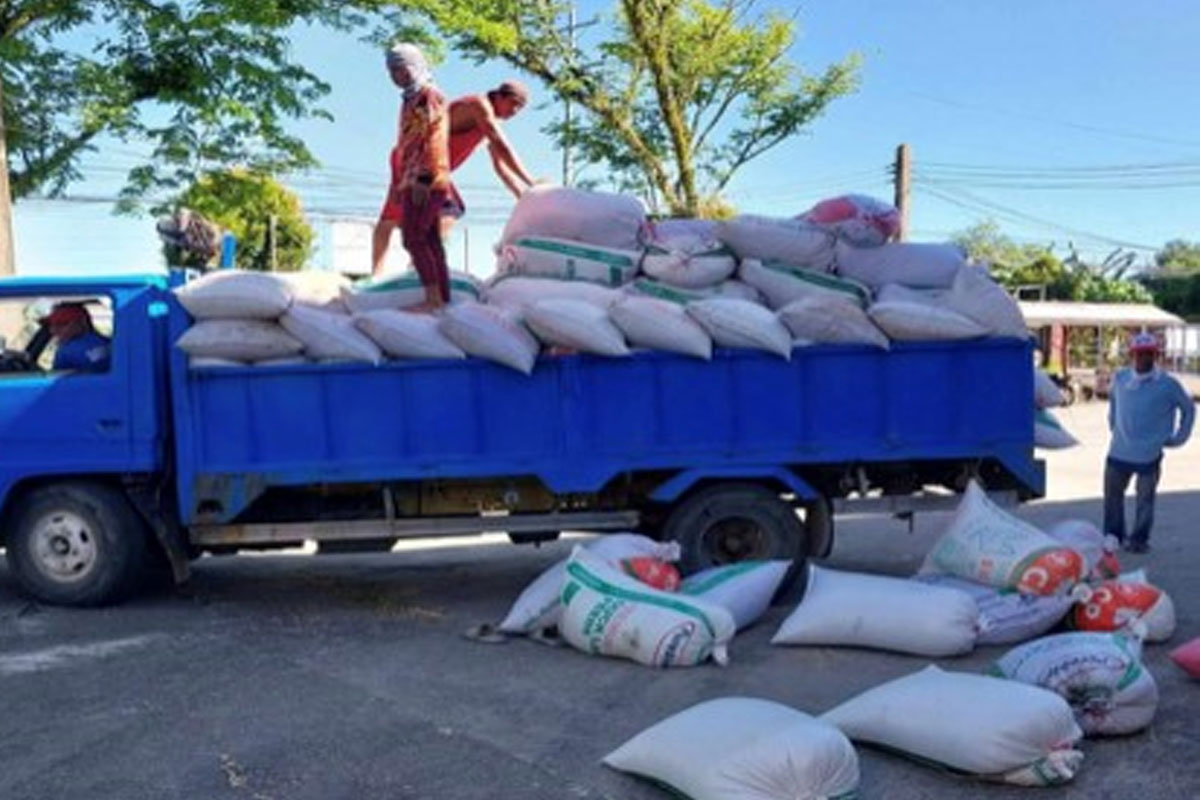
Villafuerte sees good year for Pinoys in 2024
CAMARINES Sur LRay Villafuerte has said he sees a better year ahead for the country in 2024 as the socio-economic reform agenda of President Ferdinand “Bongbong” R. Marcos Jr. starts taking bigger strides toward much higher public spending on infrastructure, social protection and other priority programs that spell more jobs and greater financial succor especially for poor and other underprivileged Filipinos.
“I am looking forward to a fine year ahead for our people in 2024 on the back of expected bigger strides by President Marcos a year-and-a-half into office in his socio-economic reform agenda of ensuring better lives for Filipinos and a prosperous and peaceful Philippines on his watch,” Villafuerte said.
The senior congressman from Camarines Sur said that, for one, the half-trillion pesos set aside for the next 12 months—or nearly a tenth of the 2024 national budget law of P5.768 trillion signed by the President—for a myriad of ayuda or financial aid for the poor and other disadvantaged Filipinos is “testament that Mr. Marcos is gaining headway in his commitment to accelerate poverty reduction and leave no Filipino behind in his Administration’s quest for a prosperous and peaceful nation.”
“Prospects for genuine and lasting peace for our country are also better this year,” said Villafuerte, “as President Marcos set in motion at the end of 2023 parallel measures to end the various communist and separatist insurgencies that have wracked our nation and killed countless Filipinos for decades.”
Villafuerte, National Unity of the Philippines (NUP) president, noted that, “Most of our people and even the business community apparently see 2024 as a cut above previous years as they have similarlyexpressed bullishness on the next 12 months about prospects for the year ahead.”
Villafuerte said that, as pointed out by Speaker Martin Romualdez, Republic Act (RA) 11975 or the 2024 General Appropriations Act (GAA), has a roughly P500-billion outlay for families considered poor, impoverished or with insufficient incomes.
These allocations for safety nets include P60 billion for the Ayuda sa Kapos Ang Kita (AKAP) subsidy of a one-time cash aid of P5,000 for households with a monthly income of P23,000 or below; P30 billion for the Tulong Pang-Hanapbuhay sa Ating Disadvantaged/Displaced Workers (TUPAD) program of the Department of Labor and Employment (DOLE) on the provision of emergency jobs for displaced, underemployed or seasonal workers; and P23 billion for the Assistance to Individuals in Crisis Situation (AICS) program of the Department of Social Welfare and Development (DSWD) that provides medical, burial, food, transport and other assistance to people in crisis.
The 2024 GAA likewise includes a P49.8-billion outlay that doubles the monthly pension of some 4.1 million indigent elderly Filipinos to P1,000, as provided for in RA 11916 or the “Social Pension for Indigent Seniors Act,” which was co-authored by Villafuerte.
As the President himself announced during the signing of RA 11975, the national budget for the coming year details his government’s “battle plan in fighting poverty and combating illiteracy, in producing food and ending hunger, in protecting our homes and securing our border, in keeping people healthy, in creating jobs and funding livelihood.”
With the domestic economy projected to be the fastest-growing one in the region after that of Vietnam in 2024, Villafuerte said, “We should expect more jobs to be created and higher state revenues to be generated in the new year, which will enable the government to spend more on its priority programs that will benefit the people.
He said that international institutions like the World Bank (WB), International Monetary Fund (IMF), S&P Global Ratings and International Mastercard Economics (IME) expect our economy to grow faster-than-expected in 2024 at a rane of 5.4% to 6% or higher.
S&P Global said that Philippine growth in 2024 should be one of the strongest in emerging market economies with solid domestic demand, and the WB expects a strong economic rebound in 2024 and 2025, with higher domestic demand likely to “create jobs,, increase household income, and benefit consumption in tourism and related industries.”
For Main Economic Indicators (MEI), our economy will be the second fastest-growing one in Southeast Asia with a growth of 5.6% in 2024,or behind Vietnam’s 6.2%. The Philippine economy will expand faster than Indonesia’s 5.1%, Malaysia’s 4.5% and Thailand’s 3.4%.
The International Monetary Fund (IMF), meanwhile, projects our economy to grow 6% in 2024, because of the recovery of service exports and stronger electronics exports and higher public spending on priority programs.
Business sentiment is upbeat, with the overall confidence index (CI) at 35.9%, driven by projections of a sustained economic recovery from the pandemic; and expansion of the trade, utilities, financial and hotels and restaurants subsectors.
Inflation, which has buffeted Filipinos in 2023 since soaring to 8.7% last January, is seen by experts to ease in 2024 amid the heightened efforts of the Marcos Administration to pull it down closer to the Bangko Sentral ng Pilipinas (BSP)’s official target of 2% to 4%, Villafuerte said.
After headline inflation fell from 8.7% to 4.9% in October and a lower 4.1% in November, Villafuerte noted that the baseline consumer price index (CPI) is estimated to ease to 3.6% in 2024 and to 3% in 2025—or back to the BSP’s target range of 2%-4%.
For Villafuerte, the good news on the economic front bodes well for Filipinos in terms of more jobs and better social services for them—thanks to President Marcos’ initiatives to sustain post-pandemic high growth and put several economic sectors on recovery mode, including Philippine tourism that had been hit badly by the Covid-19 crisis.
He recalled that just months after getting his lease on Malacañan Palace, Mr. Marcos took the bold step in October 2022 of relaxing the stringent health and travel protocols that were put in place at the onset of the pandemic in 2020, leading to the recovery of international and domestic tourism along with other Covid-battered sectors of the Philippine economy.
As a result, international visitor arrivals in the Philippines reached over 5 million as of Dec. 13 and contributed P439 billion to the Philippine economy, Villafuerte said.
Citing the United Nations World Tourism Organization report, Tourism Secretary Tourism Secretary Ma. Christina Garcia-Frasco said the recovery rate of this sector was at 65% from January to November 2023—or higher than the average recovery rate of 62% in the Asia-Pacific region—with visitor arrivals soaring to 5 million and contributing P439 billion to the domestic economy.
Proof that the tourism sector is on a strong recovery mode is that the visitor receipts for the January-November period represented 95% of the P458 billion earned in the pre-Covid year of 2019.
Villafuerte said that owing to the reopening of the economy following the President’s lifting of Covid-related restrictions, coupled with Mr. Marcos’ accelerated poverty-reduction efforts, the Philippine Statistics Authority (PSA) has reported a drop in poverty incidence to 16.4% in the first half of 2023 from 18% in the same semester in 2021, or equivalent to 230,000 households no longer considered as poor.
He noted that Marcos government interventions like the Targeted Cash Transfer (TCT) programs, rice allowances, fuel subsidies and Libreng Sakay program had assuaged the impact of the year-long elevated inflation on indigent and low-income households.
With the 2024 national budget setting aside a record half-trillion pesos for social protection and other programs meant to improve the lives of needy families and create more and quality jobs, Villafuerte expressed confidence that the Marcos government is on track with the President’s goal of reducing poverty to a single-digit level by the time he leaves office.
Villafuerte pointed out that most Filipinos remain optimistic about their lives getting better in 2024, based on the latest quarterly survey by Pulse Asia that showed 84% to 95% of their respondents in every geographic area and every socio-economic grouping nationwide face the new year with hope.
In its end-2023 survey, Publicus Asia also recorded that 68% of its respondents believe the country to be in a better place and have positive sentiments about where it is heading into in 2024, higher than the year-ago rate of 59%.
In its fourth-quarter survey, the Social Weather Stations (SWS) reported a record 96% of its respondents nationwide saying they were entering 2024 with hope–the highest since the same 96%-rate was obtained in its 2017 and 2019 yearend polls.
A separate SWS poll also found that almost one out of two Filipinos (48%) expect his or her life to improve in 2024, as it noted a net personal optimism score of +42 (percentage of optimists minus percentage of pessimists), which it classified as an “excellent” score.
The SWS, in its third-quarter survey, found unemployment down to 16.9% in the third quarter from the April-June 2023 period’s 22.8%—the lowest since the 15.7% rate in December 2017.
The joblessness rate reached a high of 45.5% in July 2020, according to SWS.
Joblessness reached a catastrophic level of 45.5% in July 2020 before going on a generally downward trend since September 2020.
Even business groups are similarly bullish on the coming year, with officials of the Philippine Chamber of Commerce and Industry (PCCI), Employers Confederation of the Philippines (ECOP) and Philippine Exporters Confederation Inc. (PhilExport) expecting more jobs, bigger investments and lower inflation in 2024.
As for the prospects for lasting peace, the Villafuerte-led NUP was one of the major parties in the House that had backed the President’s issuance of Executive Order (EO) 47 updating the tasks of the National Amnesty Commission ((NAC) along with four Proclamation Orders (POs) offering amnesty to the Rebolusyonaryong Partido ng Manggagawa ng Pilipinas/Revolutionary Proletarian Army/Alex Boncayao Brigade (RPMP-RPA-ABB); Communist Party of the Philippines-New People’s Army-National Democratic Front (CPP-NPA-NDF); Moro Islamic Liberation Front (MILF), and Moro National Liberation Front (MNLF).
Later, the Philippine government signed in Oslo, Norway last November the Oslo Joint Communique with the NDF, which is the negotiating arm of the CCP, on an interim agreement to restart peace talks between both camps.
Eventually, the House approved the Romualdez-initiated House Concurrent Resolution (HCR) Nos. 19, 20, 21 and 22 concurring, with the President’s offer of amnesty, respectively, to members of the RPMP-RPA-ABB, CPP-NPA-NDF, MILF and MNLF.
Villafuerte said his wish for the country is “to sustain in 2024 and onwards the strong post-pandemic recovery of our economy in less than a year-and-a-half of the Marcos presidency.”
“Against all odds, our economy has grown into one of the strongest-performing economies in the Asia-Pacific region, resulting from the bold and decisive policies and initiatives that our President has pursued to strengthen investor confidence, enhance international relations, modernize our agriculture, sustain infrastructure modernization, create jobs and improve living standards, among others,” he said.
“It is my wish that our economy remains on its upward trajectory on the Marcos watch because this alone will let our people reap the fruits of the President’s vision of inclusive high growth for all Filipinos in our country where better lives await all and nobody will be left behind in our march to lasting peace and continued prosperity,” he said.



